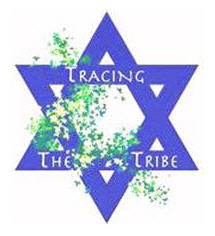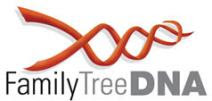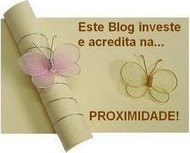That's when I discovered the joys of a well-stocked campus book store, reading up on Jewish history, the Sephardic experience and much more. I spent all my money - such as it was - on books. Those were great summers I won't forget - Amherst was a great place.
These days, Amherst is also home to Aaron Lansky's National Yiddish Book Center.
On June 2, the entire Yiddish book collection was transported to the new Kaplen Family Building. From a Holyoke warehouse to their new high-tech secure home, took 12 hours, 12 miles and 16 truckloads! This week, they began unpacking more than 4,600 boxes of books and shelving them. Read more about The Great Shlepenish.
If you are in the area this summer, there's the Paper Bridge Summer Arts Festival (July 12-16) offering Jewish film, music and dance events.
 And who can forget that great Yiddish writer - Vilyam Shekspir - and his sonetn? Do you remember his immortal words: Zol ikh farglaykhn dikh tsum zumer-tog? (Shall I compare thee to a Summer's Day?)
And who can forget that great Yiddish writer - Vilyam Shekspir - and his sonetn? Do you remember his immortal words: Zol ikh farglaykhn dikh tsum zumer-tog? (Shall I compare thee to a Summer's Day?)Shakespeare fascinated many Yiddish translators and the plays were published in Yiddish, including an alleged Polish Yiddish King Lear that included the claim fartaytsht un farbesert ("translated and improved") on the title page.
The NYBC has two translations of his Sonnets by Berl Lapin and Abraham Asen. View or download them from the Digital Yiddish Library.
Lapin's bilingual edition is here. He also translated William Blake, Emily Dickinson and Robert Frost. Asen's is here; he also translated Whitman, Tennyson, Byron, The Rubaiyyat of Omar Khayyam and Shakespeare's King Lear.
Discovery Project - Edward Kagansky
Learn more about Kagansky and hear him play here.Edward Kagansky was born in a small village near Kishinev, Moldova in 1952. As a child, Kagansky longed to play the piano, but his father couldn't afford one. Instead, he came home one day with a small suitcase containing a beautiful miniature accordion. Soon Edward was playing with local Roma musicians. By the time he reached his early twenties he was learning the klezmer repertoire while traversing the Moldavian countryside with an octogenarian badkhn (folk poet and wedding entertainer) who went by the name of Nakhes (fulfillment).
























No comments:
Post a Comment